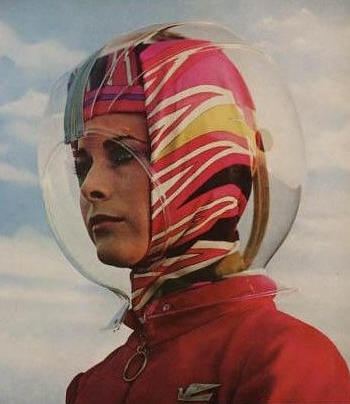I put up a post last week about Thomas Nagel’s famous 1974 essay, “What Is It Like To Be A Bat?” At Prospect, Malcolm Thorndike Nicholson’s article looks at the philosopher’s new book. The opening:
“If we’re to believe science, we’re made of organs and cells. These cells are made up of organic matter. Organic matter is made up chemicals. This goes all the way down to strange entities like quarks and Higgs bosons. We’re also conscious, thinking things. You’re reading these words and making sense of them. We have the capacity to reason abstractly and grapple with various desires and values. It is the fact that we’re conscious and rational that led us to believe in things like Higgs bosons in the first place.
But what if science is fundamentally incapable of explaining our own existence as thinking things? What if it proves impossible to fit human beings neatly into the world of subatomic particles and laws of motion that science describes? In Mind and Cosmos (Oxford University Press), the prominent philosopher Thomas Nagel’s latest book, he argues that science alone will never be able to explain a reality that includes human beings. What is needed is a new way of looking at and explaining reality; one which makes mind and value as fundamental as atoms and evolution.” (Thanks Browser.)

